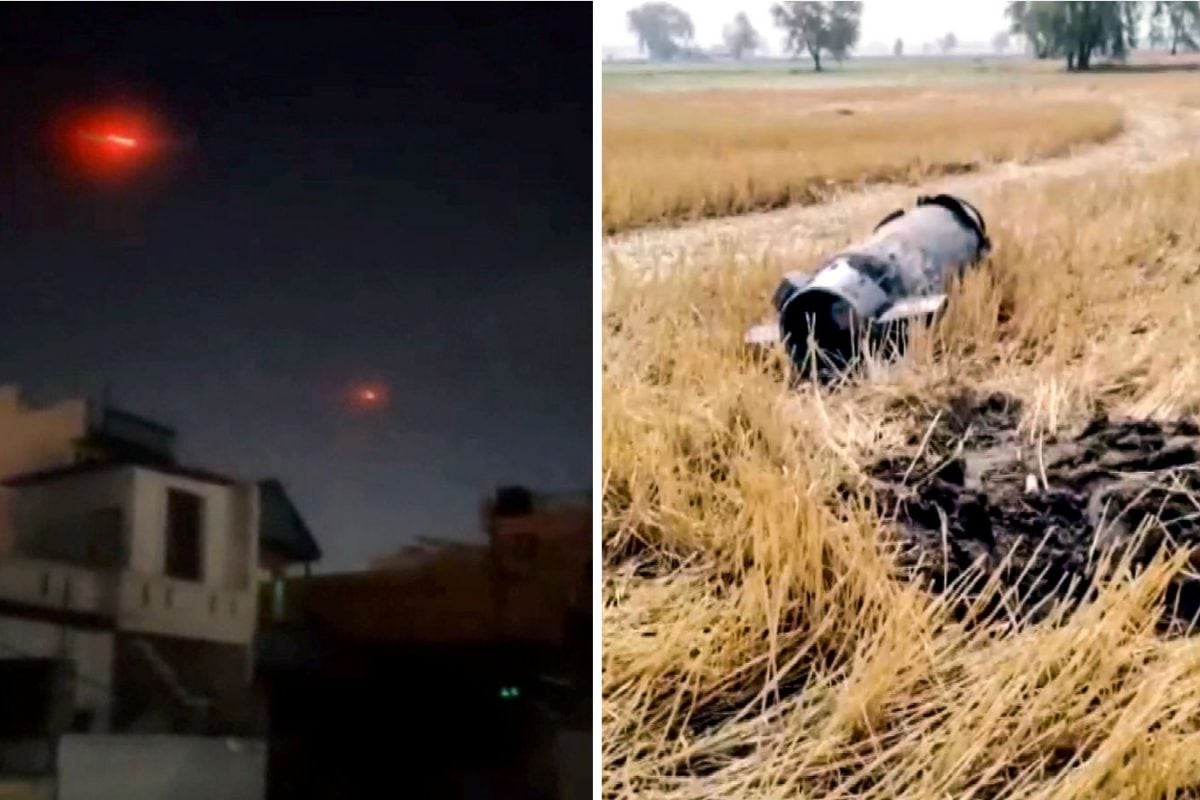

Tensions between India and Pakistan have escalated sharply in recent days, with both sides trading accusations and military actions. The current crisis was triggered by a deadly terrorist attack in the Pahalgam area of Indian-administered Kashmir in April, which resulted in the deaths of 25 Indian tourists and one Nepalese national. India has blamed Pakistan for harboring the group responsible for the attack, a charge Islamabad denies.
In response to the Pahalgam attack, India launched "Operation Sindoor," which involved strikes against alleged terrorist infrastructure in Pakistan and Pakistan-administered Kashmir. India claimed the strikes targeted militant groups such as Jaish-e-Mohammed and Lashkar-e-Taiba. Pakistan, however, asserted that the Indian strikes hit civilian areas, resulting in casualties.
Following India's strikes, Pakistan retaliated with its own military actions, including missile and drone attacks on Indian military bases and civilian areas. India claimed to have thwarted these attacks, with its air defense systems intercepting and destroying incoming missiles and drones. However, there were also reports of explosions in Indian cities near the border.
Amidst the escalating hostilities, there have been claims and counter-claims regarding the downing of aircraft. India claimed to have shot down a Pakistani F-16 fighter jet. Pakistan, on the other hand, claimed to have downed several Indian jets. These claims remain largely unconfirmed.
According to defense sources, Pakistan's strategy appears to be aimed at provoking a response from India while avoiding a full-scale war. This approach aligns with the "Bleed India with a Thousand Cuts" doctrine, which involves using covert warfare and insurgency to destabilize India. Pakistan may be banking on international mediation to de-escalate the conflict before it escalates further.
However, India has signaled a shift in its approach, with a willingness to carry out strikes deep inside Pakistan. This represents a departure from a strategy of border containment and signals a determination to raise the costs for Pakistan's proxy war tactics. India has also emphasized its commitment to non-escalation, provided that Pakistan respects it.
The recent escalation has prompted international concern, with the United Nations and other countries calling for de-escalation and restraint. The conflict has the potential to escalate into a broader military conflict between the two nuclear-armed nations.
As tensions remain high, the situation is fluid and could change rapidly. The international community is closely monitoring the situation, with many hoping to prevent further escalation and facilitate a peaceful resolution.